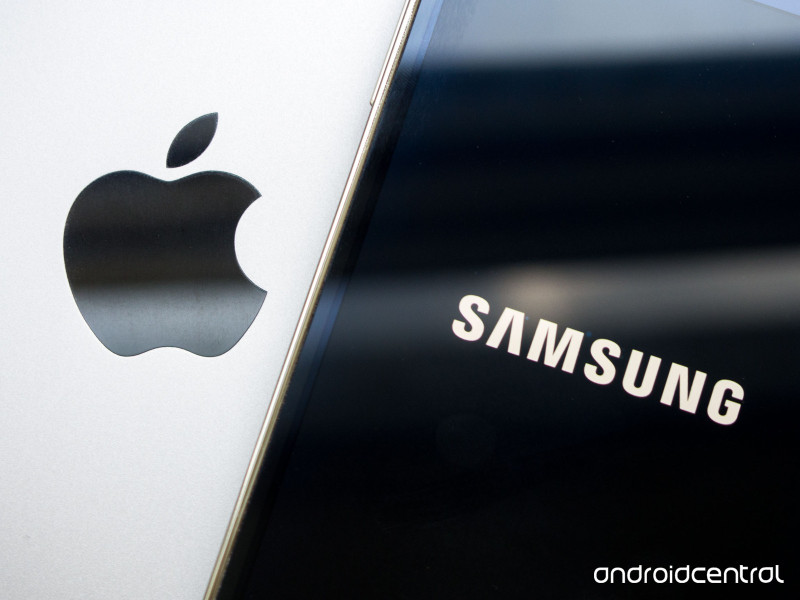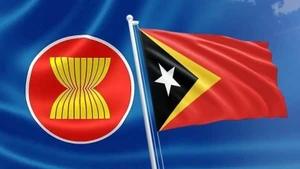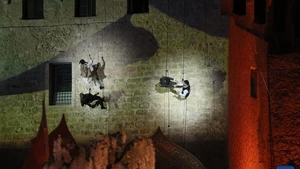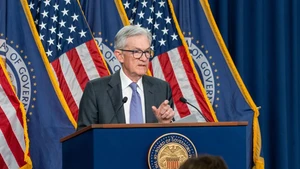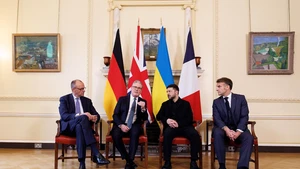The Apple-Samsung battle, which started in 2011, formally ended after the world's two top smartphone manufacturers informed Judge Lucy Koh of the US District Court for the Northern District of California in San Jose of their settlement.
Terms of the settlement were not disclosed in the filing of the district court, and Judge Koh signed the order dismissing all suits with prejudice, which means no more legal actions could be be filed on the same claim.
"Plaintiff Apple Inc. and Defendants Samsung Electronics Co., Ltd., Samsung Electronics America, Inc., and Samsung Telecommunications America, LLC would like to inform the Court that they have agreed to drop and settle their remaining claims and counterclaims in this matter," the court document says.
Both parties have agreed to drop all remaining claims and counterclaims in this action and "bear their own attorneys' fees and costs," Koh said in the court document.
In May, a US jury awarded Apple US$539 million, after Samsung had previously paid Apple US$399 million to compensate for patent infringement. Samsung would need to make an additional payment to Apple of nearly US$140 million if the verdict was upheld.
An Apple statement in May said the company believes "deeply in the value of design, and our teams work tirelessly to create innovative products that delight our customers."
"This case has always been about more than money. Apple ignited the smartphone revolution with iPhone and it is a fact that Samsung blatantly copied our design," Apple said.
Michael Risch, a professor of patent law at Villanova University, said that because of the recent verdict the settlement likely called for Samsung to make an additional payment to Apple.
But he said there was no clear winner in the dispute, which involved hefty legal fees for both companies. While Apple scored a major public relations victory with an initial US$1 billion verdict in 2012, Samsung also obtained rulings in its favor and avoided an injunction that would have blocked it from selling phones in the US market, Risch said.
